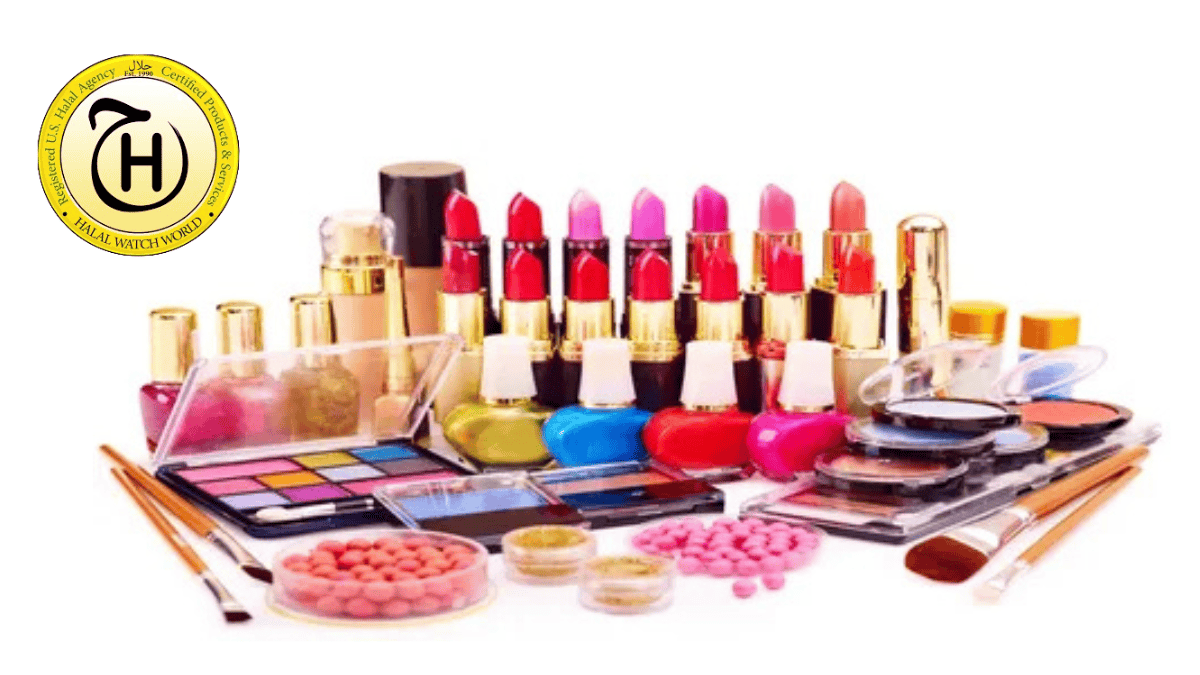The global cosmetics industry is experiencing a profound shift, moving beyond mere aesthetic appeal to embrace ethics, purity, and religious adherence. Central to this transformation is halal certification for cosmetic brands, a symbol of quality and compliance that is fast becoming a major differentiator in the global marketplace. As we look at the 2025 market projections, the demand for certified products is not just growing; it’s soaring, driven by an expanding Muslim population and a broader consumer base seeking clean, ethical, and responsibly sourced beauty solutions.
The global halal cosmetics market is projected to reach approximately $53.12 billion in 2025, continuing its robust growth trajectory toward an anticipated $115.03 billion by 2032. This exponential expansion highlights why certification is no longer optional but an essential business strategy for any brand looking to maximize its reach.
The Role of a Halal Certification Agency
Securing a certification requires collaboration with a recognized and accredited body. A reputable Halal Certification Agency plays a critical role, acting as the guarantor of compliance with strict Islamic standards. These standards dictate that cosmetic products must be free from prohibited substances (Haram), including ingredients derived from pork, predatory animals, non-halal slaughtered animals, and intoxicating alcohol. Furthermore, the entire supply chain, from raw material sourcing to manufacturing, storage, and transport, must adhere to stringent purity and hygiene protocols to prevent cross-contamination.
The agency's expertise is paramount in navigating the complex regulatory frameworks across different target markets, especially with mandatory certification requirements being phased in across high-growth regions like Indonesia. Choosing a globally recognized agency ensures that the certificate is accepted by authorities and consumers across the world.
Decoding the Halal Cosmetics Certification Process
Obtaining a halal cosmetics certification is a rigorous, multi-step process designed to ensure absolute integrity. It requires a detailed audit of a brand's ingredients, facility, and documentation. The initial phase involves the brand submitting an application and a comprehensive list of all raw materials, including technical datasheets and, where applicable, existing Halal or Kosher certificates for those ingredients. This step is crucial for the certifying body to verify the Halal status of every component.
Next, a full review of the production process is conducted. Auditors inspect the manufacturing facilities to confirm that segregation between Halal and non-Halal production lines is maintained, and that the cleaning and sanitation procedures meet Islamic law. This attention to detail in the process, which is often more stringent than standard industry practices, appeals not only to Muslim consumers but also to the increasing number of non-Muslim buyers who equate Halal with ethical, pure, and clean beauty.
Selecting the Right Halal Certification Company
For brands committed to ethical sourcing and transparency, selecting the correct halal certification company is a pivotal decision. The company must not only possess deep knowledge of Sharia (Islamic law) but also have international accreditation and recognition from key Halal governing bodies worldwide. Their reputation directly impacts the marketability and acceptance of the final product.
The cost and timeline for certification can vary significantly based on factors such as the number of products, the complexity of the formulation, and the scale of the operation. For instance, in 2025, an independent study suggested that while costs for large enterprises can range substantially, many agencies offer tailored services and sometimes free programs for Micro, Small, and Medium Enterprises (MSMEs) to support their compliance journey. Brands should look for a provider that offers streamlined support and clear communication throughout the process.
Strategic Importance of Halal Certification in Cosmetics
The value of halal certification in cosmetics extends far beyond religious compliance. It serves as a powerful marketing tool that speaks to a global audience prioritizing ethical consumption. The certification logo signals a brand’s commitment to quality, cleanliness, and the exclusion of harsh or questionable ingredients, such as certain animal-derived materials or specific types of alcohol. This level of transparency and ethical assurance has helped certified brands gain a significant competitive edge.
The market trend clearly shows that non-Muslim consumers are also gravitating towards Halal-certified products, viewing them as a benchmark for high-quality, pure, and safe cosmetics. This expanded consumer base confirms the strategic business case for certification.
Partnering with a Reliable Halal Certificate Provider
A reliable Halal Certificate Provider should offer more than just a stamp of approval; they should provide ongoing support and training. The certification is typically valid for a set period—often three to four years, although some regulators are now offering indefinite validity provided the production process remains unchanged—and requires regular surveillance audits. Partnering with a provider that assists with maintaining the Halal Product Assurance System (SJPH) is essential for long-term compliance and renewal success. This partnership transforms a transactional compliance requirement into a sustained commitment to quality.
Addressing the Demand for Halal Cosmetics and Personal Care Certification
The demand for halal cosmetics and personal care certification continues to diversify across all product categories, from high-end makeup to everyday essentials like toothpaste and body wash. This market shift reflects a change in consumer expectation: they want their entire grooming routine to align with their values. For brands, this means approaching every single product line, ingredient, and manufacturing practice with a Halal-first mindset. Global market forecasts indicate continued strong growth in the skincare and personal care segments specifically, making certification here particularly vital.
The Future of Halal Certification Services
The future of halal certification Services is rooted in technology and increased standardization. Organizations are leveraging digital platforms for application and documentation, making the process more efficient. Furthermore, the ongoing efforts by international bodies to harmonize Halal standards, such as those within the Organisation of Islamic Cooperation (OIC/SMIIC), will simplify global trade for certified products. A trusted source for news and information on the latest regulatory changes and accreditation updates is Halal Watch World, which continuously monitors developments within the Halal economy. Investing in certification now is an investment in future proofing a brand’s presence in one of the world's most dynamic consumer markets.




